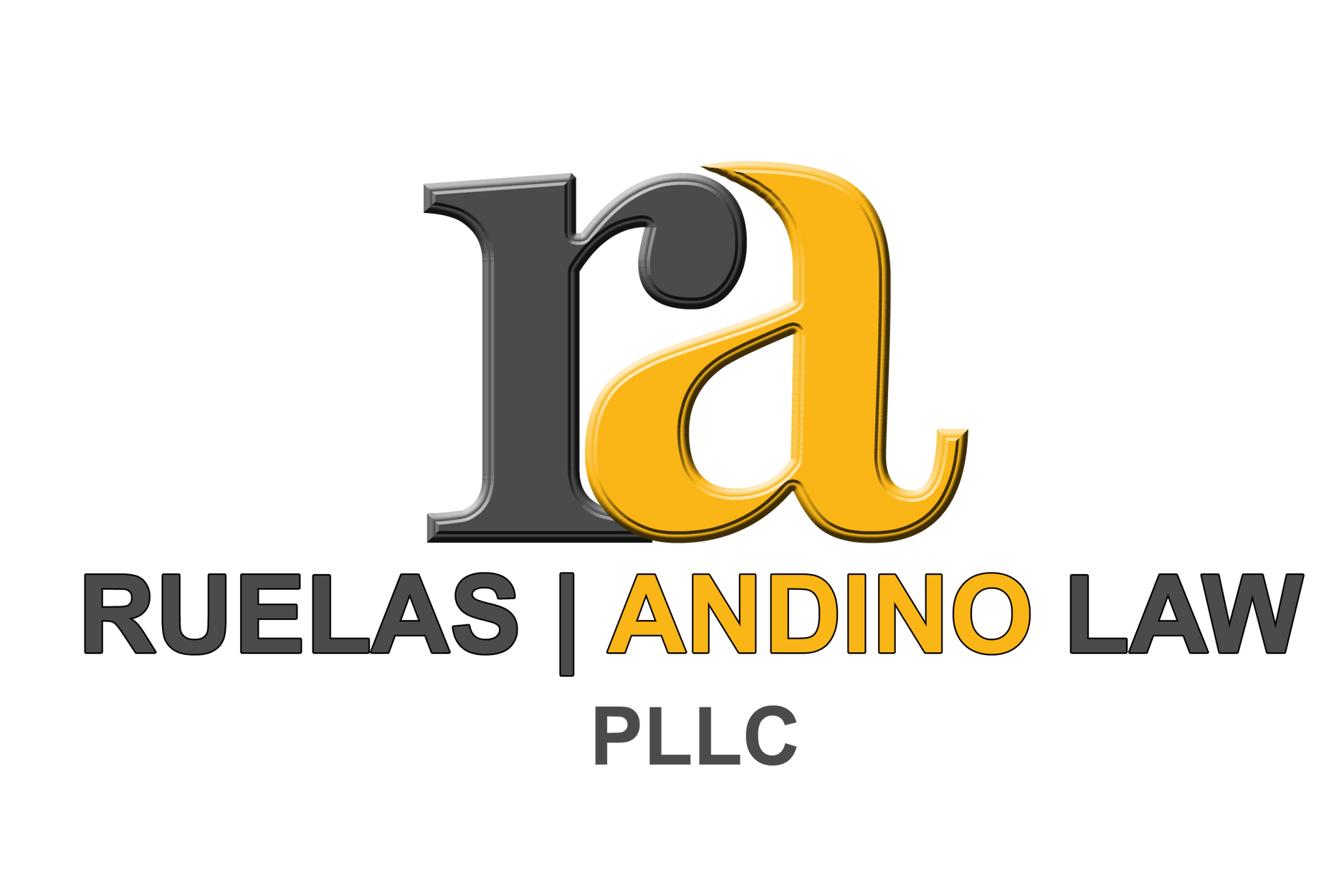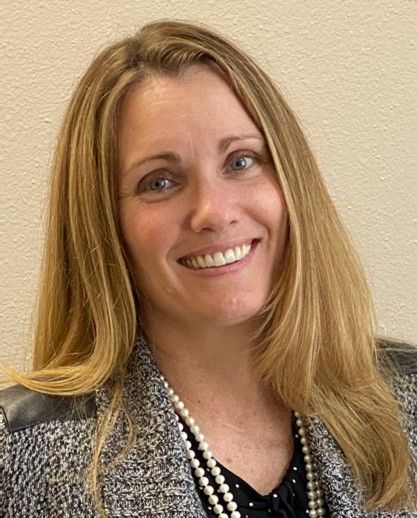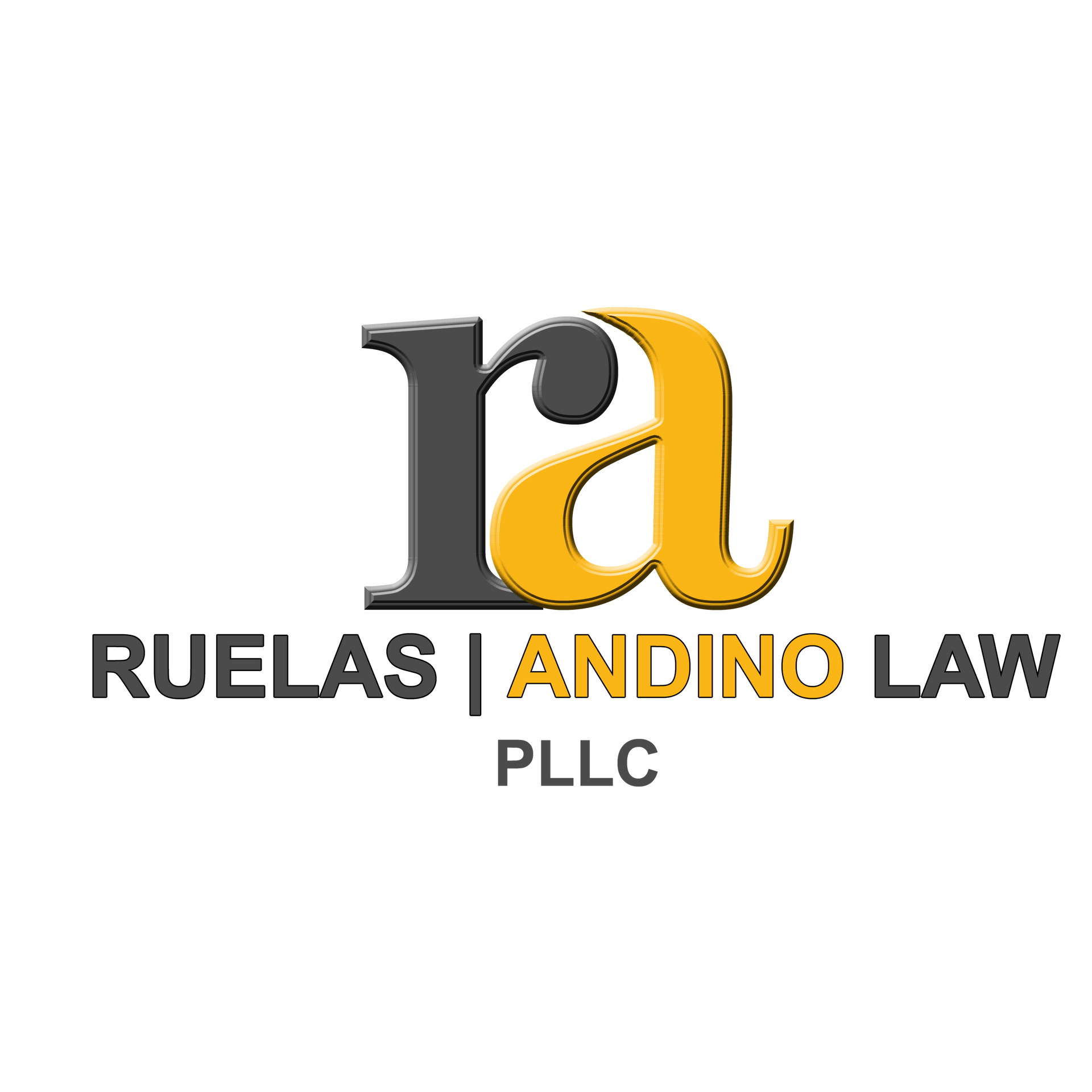Since receiving her license in 2017, Jennifer has been serving clients in Parker County and surrounding counties in the areas of Estate Planning, Probate, Guardianship, Business Entity Formation/Asset Protection, and Real Estate Law. She is passionate about risk mitigation and justice and strives to serve each of her clients with integrity and dedication to achieving her client's goals.
Options to Avoid Probate in Texas
Avoiding Probate in Texas
Losing a loved one can be traumatic. It’s an emotional period, especially in the first few months. Those remaining will want to spend their time grieving and learning to live with the new reality. They don’t want to spend their time in court tackling the probate process.
In Texas, there are ways to avoid this. However, they do need to be set up ahead of time. Right now is a good time to think about estate planning regardless of your age. It’s never too early to get started. Plus, you can make adjustments to everything as necessary.
What is Probate?
To sum it up, probate is a public process through the court system used to collect a person’s assets, pay their debts, and distribute their property to their next of kin after a person passes. It’s a way of making sure the deceased loved one’s estate, both assets and debt, is dealt with after their death. Following a person’s death, the estate will need to be settled. Probate can be simple or complex, depending upon the person’s estate and whether that person has a well-maintained estate plan. Poorly maintained, or neglected estates, can lead to a complicated and contentious probate process. A well-drafted estate plan does need to be set up ahead of time, so it’s crucial to think about estate planning in Weatherford, TX. Proper planning can help you set up everything so your loved ones won’t have to worry about anything.
Does Every Will in Texas Go Through Probate?
Wills are generally set up to make the division of assets easier. It doesn’t circumvent the probate process. Probate helps determine if the will is valid. If it is, the assets are transferred according to the will. If the will is not valid, the estate is transferred to a person’s heirs at law according to State law. The only way to avoid going through probate is to facilitate the transfer of assets to a beneficiary using another method before your death such that the asset automatically passes to the loved one without the need to go through the probate process once you pass.
Reasons to Avoid Probate
Is it necessary to avoid probate? The probate process is there for a reason. It is designed to help distribute assets with or without a will. In very simple estates avoiding probate may not be that big of a deal. However, in many situations, probate can be a lengthy process. It’s often fraught with legal issues that must be handled carefully. There may be many reasons why you’d like to help your loved ones avoid probate. Avoiding it may be beneficial because of the following:
1. Avoid Going to Court
Grieving loved ones won’t want to deal with going to court. Court is just another interruption in their lives during a time that’s already emotional. When everything is done ahead of time, they won’t have to take time off work for court to deal with the legal system while they’re grieving.
2. Avoid Unnecessary Expenses
Hiring an attorney to probate the will, or a person’s estate if they have no will, can be costly. There may be several additional costs associated with probating a person’s estate required in order to fully deal with a loved one’s assets and debts. This can be another expense to deal with after a loved one’s death, but it can be avoided if the estate doesn’t need to go through probate.
3. Avoid Someone Contesting the Will
Estranged relatives, those who may not be beneficiaries of your estate, or those beneficiaries who feel they did not receive what they expected from your estate, for any reason can contest the will if it goes through probate. This means your assets are held until everything is figured out, is very costly to the estate, and the person contesting may receive assets you didn’t intend for them to have. By avoiding probate, you can dramatically reduce the risk that someone will challenge your will or the distribution of your estate and increase the chances your assets will be split the way you want.
4. Avoid Having Assets in Public Records
When an estate goes through probate, everything is a part of public records. To avoid this, it may be a good idea to use tactics to avoid probate. This way, the details of the estate can be kept private.
What Assets to Consider
All assets you hold at the time of your death are part of the estate. All of them will need to be distributed according to your wishes or through probate if you don’t have anything set up to prevent it. The various assets can include, but are not limited to, the following.
1. Bank Accounts
Bank accounts will need to pass to a loved one either as a beneficiary on the bank account or through the probate process. Retirement accounts and savings bonds fall under this category, too.
2. Real Estate
If you own a home, mineral interests, vacation property, or any other real estate, it will be a part of the estate.
3. Vehicles
Vehicles you own will go to your loved ones, too. This includes the vehicles you drive every day, ones you might be working on, classic cars, and other types of vehicles like RVs or ATVs.
4. Life Insurance
Life insurance will be set up with a beneficiary who can receive the funds when you die. It is a good idea to keep the life insurance policy updated to ensure the funds go to the person or persons you intend.
5. Investment Accounts
Investment accounts will need to be passed to a beneficiary. Just like a life insurance policy, you can add beneficiaries to these accounts to make sure these are handled appropriately and maintained regularly and the funds in these accounts are passed to those you name.
6. Other Assets
If you have any items of value, they will need to be handled ahead of time or through probate. Start thinking about other valuables you have and who you might want to receive them when you die.
Create a Living Trust
Trusts, in general, hold assets and control what happens to them. A living trust is a trust executed and funded while you are still living. If you are the initial trustee, you are tasked with managing and distributing the trust assets in accordance with the terms of the trust. Always make sure to designate a successor trustee after you. The successor trustee will be in charge of managing the trust after your death. The trustee distributes the assets according to your wishes or continues to manage the trust as needed. A well-maintained living trust can help keep assets out of your estate to prevent the need for probate.
Have Jointly-Owned Assets
Assets can be jointly owned by two people. If one of them dies, the other person gains complete ownership over it if a right of survivorship designation exists. This is common with deeds, vehicles, and other assets. Make sure someone else has partial ownership over the item so it will go to them if anything happens to you. This way, the item simply transfers to the remaining joint owner, or owners, rather than having to go through the probate process.
Make Assets Payable on Death
Bank accounts and other liquid assets can be set up so that they’re automatically given to a loved one when you die. Setting them up to be payable on death means that they can be transferred immediately, so they don’t need to go through probate. To set this up, speak with the bank that holds the liquid asset and request the correct forms. The bank should be able to walk you through this process to ensure everything is set up properly according to their requirements. Make sure you periodically review your beneficiary designations so they are kept current.
Set Up Assets to Transfer on Death
Some assets are held through a title or deed, like a vehicle or house. These can’t be payable on death because they are not liquid assets. However, they can be set up to transfer on death to a person you choose. When something is set up to be transferred on death, the transfer is automatic, so your loved one will not have to go through probate for this.
Make Sure Everything is Set Up Properly
If you want to prevent your loved ones from having to go to court, start working on it now. Gather a list of all assets you have, from bank accounts to deeds or titles. Think about who you’d like to receive these when you pass. Then, speak with a lawyer about your estate. A lawyer can ensure you have everything set up properly to make it easier for your loved ones.
If you have any questions or concerns, a lawyer will be able to answer all of them. A lawyer will go over all of the options available, help you figure out what meets your individual needs, and get everything set up according to your plan. They can also work with you long-term, so if you need to update something later on, it can be done easily. They can advise you on how to keep track of everything and when you do pass, they can help your loved ones implement your final wishes.
Probate is available to help divide assets after a person’s death. Yet, it can be a complex and problematic process. It also will require your loved ones to go to court. Instead, if you’d like to avoid probate, there are many things you can do. It is possible to set up everything so that probate may not be necessary, and everything automatically transfers after your death. Speak with a lawyer today to learn more about all of your options and to find out what’s right for your situation.
Disclaimer:
Ruelas Andino Law, PLLC makes no claims as to the accuracy of the information contained within the external links in this blog article nor does it endorse any of the businesses contained in the links. Information contained in this blog is for informational purposes only and may not be construed as legal advice.



